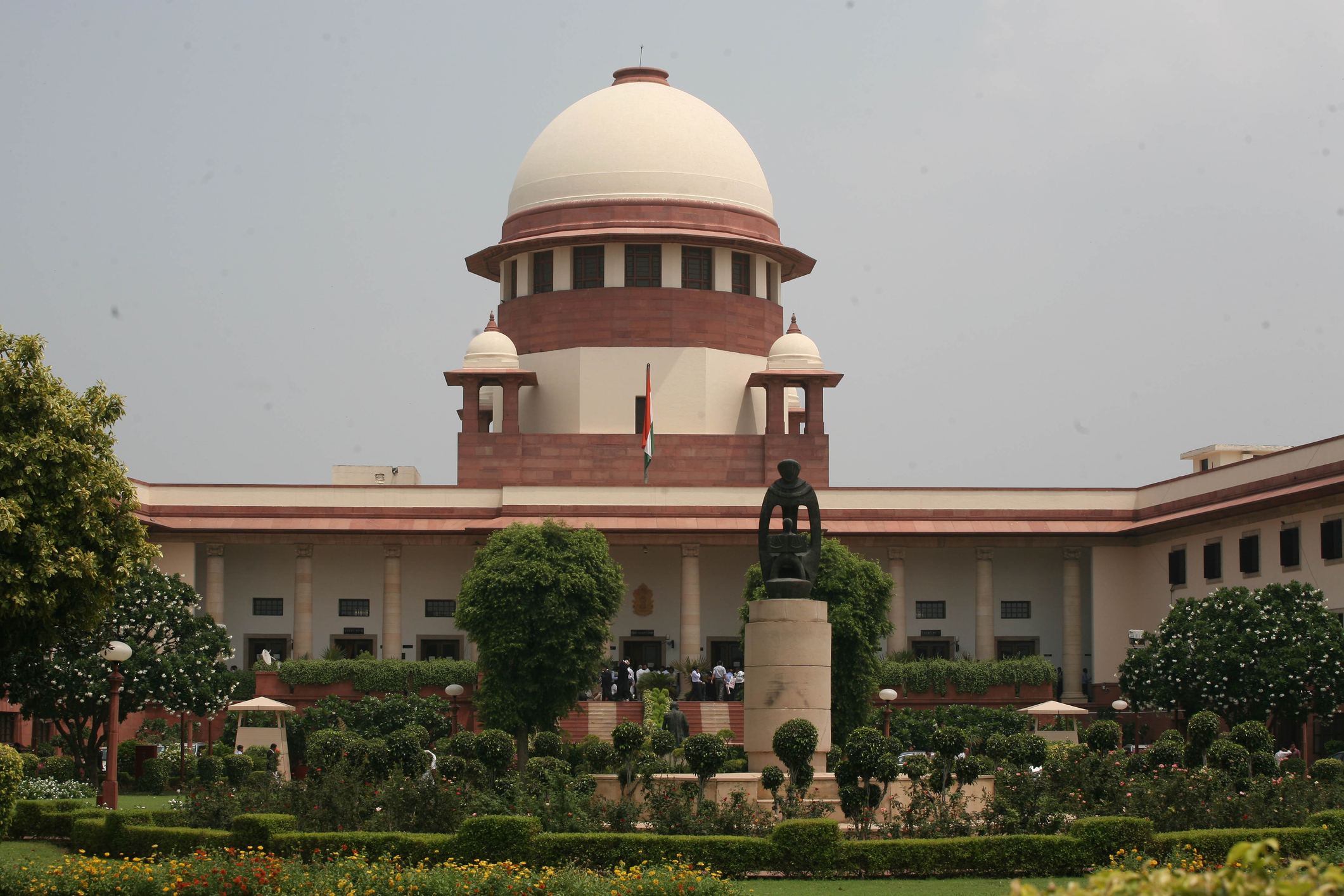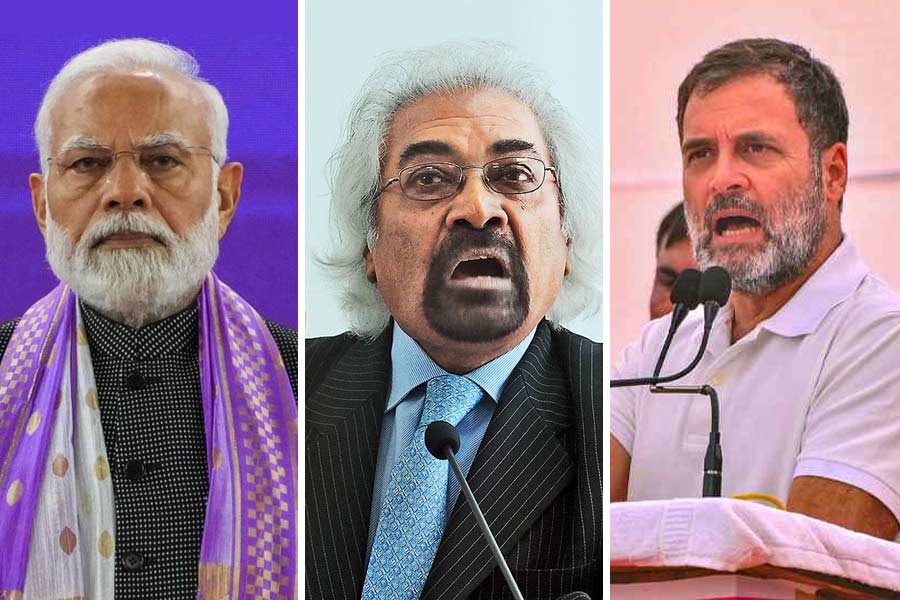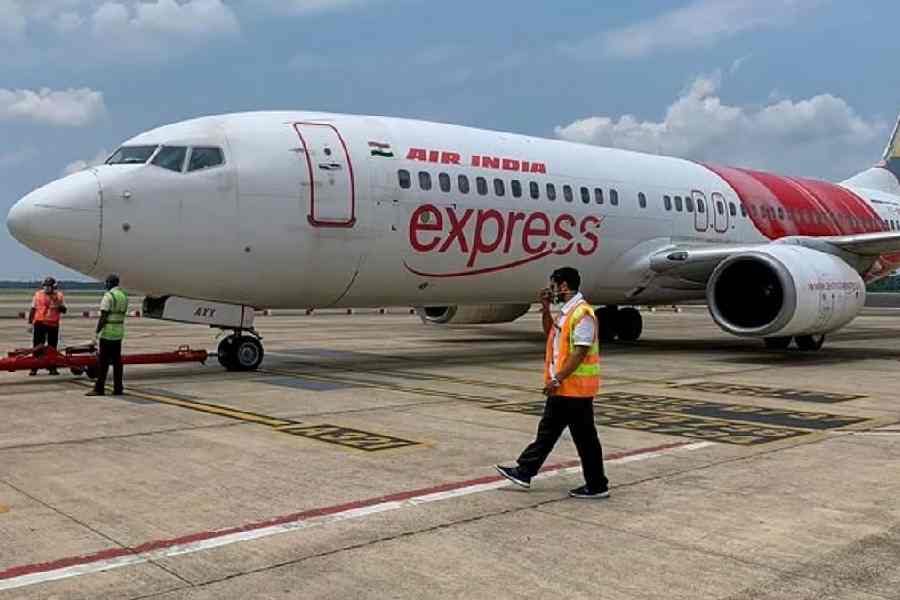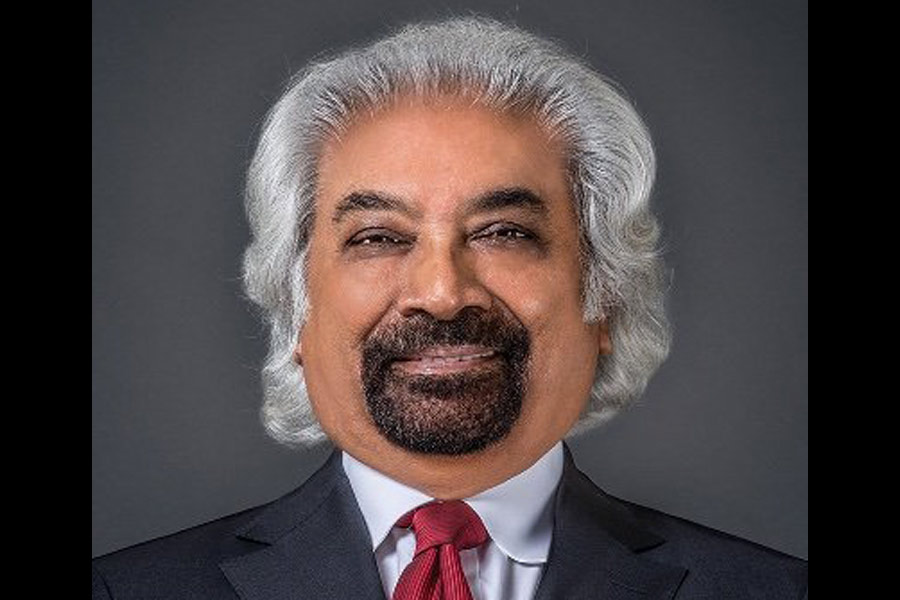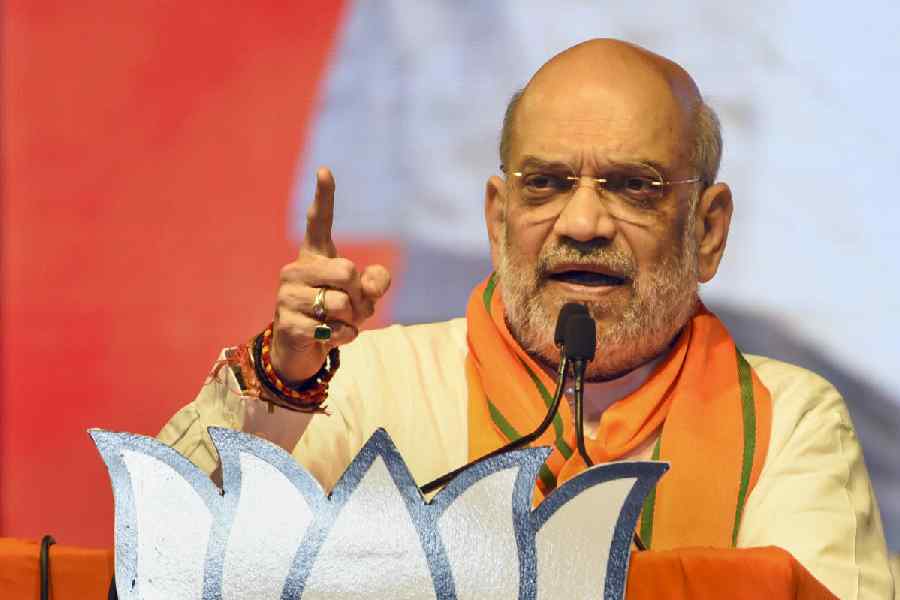The Supreme Court on Thursday declined to order “urgent” listing of a plea that has challenged the government’s sudden decision to scrap the provision under Article 370 that gave Jammu and Kashmir its special status.
The court wasn’t swayed by the plea that Pakistan might approach the UN and said the world body was not going to stay either the presidential order that ended the state’s special status or the constitutional amendment for splitting it into two Union Territories.
“What is the urgency? Is the UN going to stay the presidential order or the constitutional amendment? It (the petition) will come in due course,” Justice N.V. Ramana told petitioner Manohar Lal Sharma.
The bench of Justices Ramana and Ajay Rastogi, however, agreed to consider another plea — filed by a Congress leader — for early hearing of a petition that has sought withdrawal of the “emergency-like situation” and “curfew” prevailing in the state.
But the bench told Tehseen Poonawalla that the Chief Justice of India (CJI) alone could fix the date of hearing.
A petition usually takes three to seven days to be listed for hearing. But if a matter requires urgent hearing, the CJI, the administrative head of the Supreme Court, can direct so, provided the petition has cleared the technical parameters fixed by the court’s registry.
The plea for an urgent hearing on the move related to Article 370 came from Manohar Lal Sharma. The advocate had filed the public interest petition on Tuesday — a day after the government’s sudden announcements.
On Thursday, Sharma sought “early hearing” of his petition, claiming that Pakistan might raise the matter at the UN.
Sharma has alleged that Monday’s move by the government was not only unconstitutional but also contrary to international covenants.
He has challenged the Centre’s actions on three grounds:
- Whether the President has the power to issue such an order;
- Such an action, he said, could be taken only by resorting to Article 368, which gives Parliament powers to amend the Constitution, and
- India could not have taken such a unilateral decision when its dispute with Pakistan on Jammu and Kashmir was still pending before the United Nations.
Sharma said the Centre’s decision to ask President Ram Nath Kovind to issue the notification was “unconstitutional and illegal”.
Under Article 370(3), read in conjunction with the Instrument of Accession that Maharaja Hari Singh had signed in 1947, the Article, he said, could be scrapped only in consultation with the Constituent Assembly, which was dissolved in the mid-1950s.
Since the Constituent Assembly had long been dissolved, the central government should have invoked Article 368 to amend the Constitution and scrap the provisions under Article 370. But it didn’t, Sharma said.
Under Article 368 Parliament has constituent power to amend any part of the Constitution but only when an amendment bill “is passed in each House by a majority of the total membership of that House and by a majority of not less than two-thirds of the members of the House present and voting”. It then has to be presented to the President for assent.
Further, certain provisions of the Constitution, Sharma said, require ratification by the legislatures of not less than half the number of states before the presidential assent is sought.
In the other PIL related to the lockdown in Kashmir, Poonawalla submitted that the central government had resorted to “gross abuse of its powers under law”.
The Congress leader said the people of Jammu and Kashmir were “suffering on account of unwarranted imposition of undeclared curfew and further emergency like restrictions” were being imposed “under the garb of Section 144 of the Code of Criminal Procedure, 1973”.
“The same has been confirmed by the fact that the citizens are barred access to basic healthcare, educational institutions, banks, public offices, food-vegetables and ration supply establishments and all other basic necessities,” Poonawalla said.
“It is unfortunate that the entire State of J&K is under a virtual cordon. In fact, there has been no news of any kind of protest; be it organised or otherwise, in reference to the constitutional amendments or for any other reason. Arrest of separatist leaders is totally justifiable but meeting out the same treatment and arresting mainstream political leaders who have fought for the integration of J&K along with Union of India is highly questionable,” the petition said.The plea urged the apex court to direct the withdrawal of curfew/restrictions and all other regressive measures, including blocking of phone lines, Internet and news channels; immediate release of all the political leaders who have been taken into illegal custody, and appointment of a judicial commission to visit the state.

